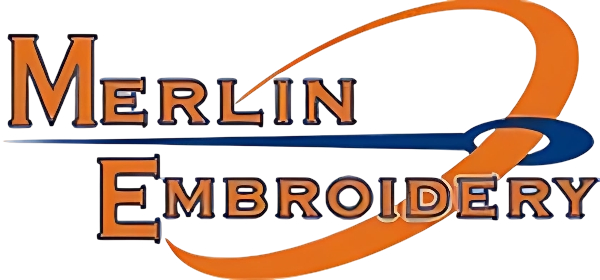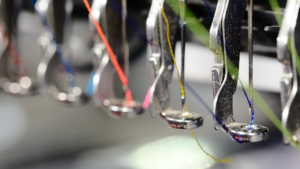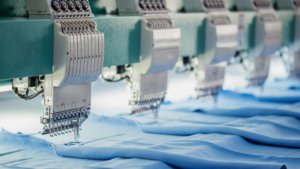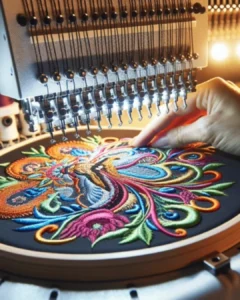From Concept To Cloth: How Custom Embroidery Brings Your Vision To Life
Have you ever looked at a plain piece of fabric and imagined transforming it into something unique, bearing a design that tells a story or promotes your brand? Maybe you’ve wondered how simple threads can weave the identity of a business, or capture the essence of a memorable occasion. custom embroidery does exactly that. It’s a craft that allows you to turn your visions into tangible works of art.
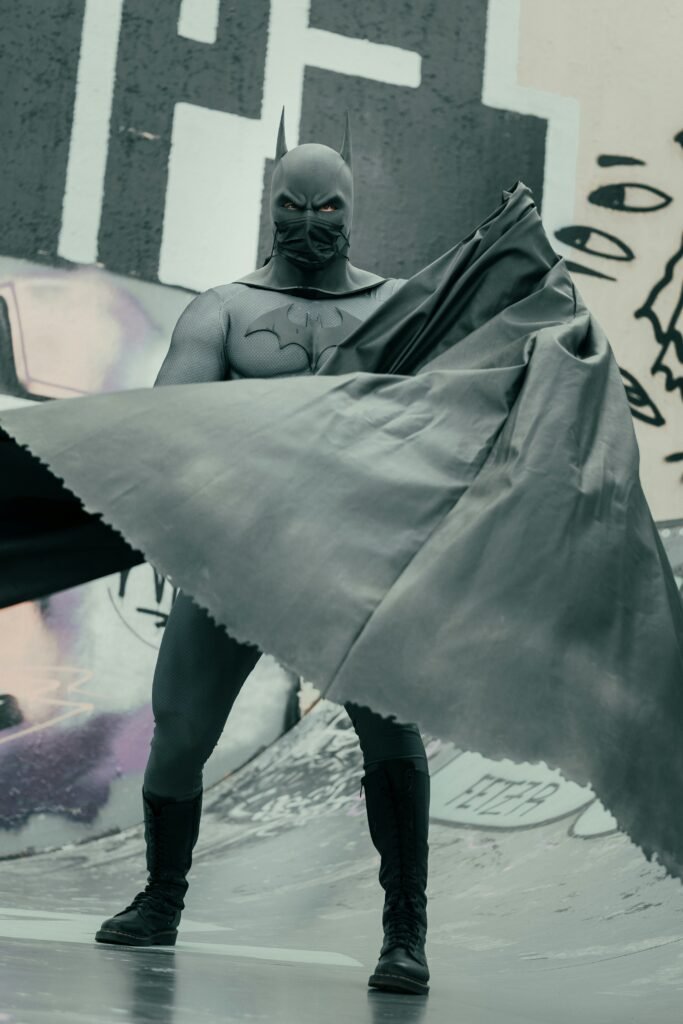
This image is property of images.unsplash.com.
Understanding Custom Embroidery
Custom embroidery is more than just stitches on fabric. It’s about creating a design that is uniquely yours. Whether you want to personalize clothing, create branded merchandise, or make memorable gifts, custom embroidery can bring those ideas to life.
The Basics: What is Embroidery?
Embroidery is the method of decorating fabric using a needle and thread (or yarn). Historical evidence shows that this art form has been around for thousands of years, with different cultures around the world adding their unique twists to it. While traditional embroidery is done by hand, modern technology now allows designs to be embroidered with precision by machines.
Why Choose Custom Embroidery?
You might wonder why you should choose custom embroidery over other methods like screen printing or direct-to-garment printing. Here are some reasons:
| Aspect | Custom Embroidery | Screen Printing | Direct-to-Garment Printing |
|---|---|---|---|
| Durability | Highly durable, withstands washing | Less durable, might fade over time | Good, but not as durable as embroidery |
| Texture | Raised, tactile feel | Smooth | Smooth |
| Cost | Higher for small orders | Lower for large batches | Variable, often in-between |
| Design Intricacy | Great for simpler designs, text | Good for bold, vibrant designs | Excellent for detailed images |
| Aesthetic | Professional, high-end look | Casual, vibrant | Realistic, photographic quality |
Embroidery offers a superior, professional feel and exceptional durability, making it perfect for uniforms, hats, bags, and more.
The Embroidery Process: From Concept to Creation
Curious about how a custom embroidery piece goes from an idea in your head to a tangible product? Let’s break down the process.
Step 1: Ideation and Design
The journey begins with an idea. Maybe you have a specific design in mind, like a logo or a piece of artwork. Or perhaps you need help creating something from scratch. This is where the magic starts.
Step 2: Digitizing the Design
Before your design can be stitched onto fabric, it needs to be digitized. This isn’t as simple as scanning an image. Digitizing is a complex process where your design is converted into a format that embroidery machines can read. Specialists use software to map out every stitch, ensuring the design maintains its integrity when transferred to fabric.
Step 3: Choosing the Right Materials
The next step is selecting the fabric and thread. Your choice of materials can significantly impact the final product. Do you want a sturdy canvas bag, a soft cotton T-shirt, or a luxurious velvet cushion? Each fabric has its peculiarities, from how it holds the thread to how it feels against the skin.
Step 4: Setting Up the Embroidery Machine
Once the design is digitized and the materials are chosen, it’s time to set up the embroidery machine. This involves loading the digitized design file, selecting the appropriate threads, and securing the fabric in an embroidery hoop to ensure it stays taut.
Step 5: Embroidery in Action
Now, the real fun begins. The embroidery machine meticulously follows the digitized instructions, stitching the design onto the fabric. Depending on the complexity of your design, this could take a few minutes to several hours.
Step 6: Finishing Touches
After the embroidery is complete, the fabric might need some finishing touches. This could involve trimming excess threads, removing any backing material, and giving the item a final quality check.
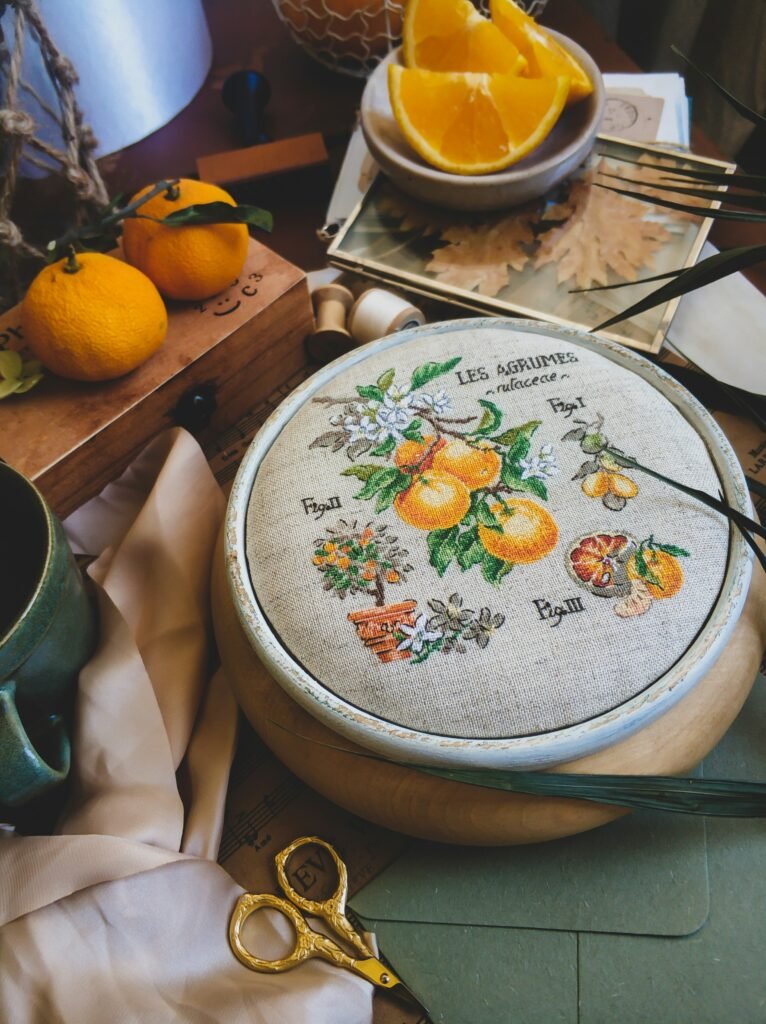
This image is property of images.unsplash.com.
Tips for Designing Custom Embroidery
Creating a design that translates well into embroidery requires some thought and planning. Here are a few tips to keep in mind:
Keep It Simple
While embroidery can be incredibly detailed, simpler designs often translate better. Fine details can get lost in the threads, especially on smaller items.
Think About Colors
Embroidery threads come in a wide range of colors, but it’s essential to consider contrast. Choose colors that stand out against the fabric to ensure your design is visible.
Choose the Right Font
If your design includes text, select a font that’s readable when stitched. Bold, sans-serif fonts often work best.
Test Before Finalizing
Before you order a large batch, it’s always a good idea to create a sample. This allows you to see how the design looks on the actual fabric and make any necessary adjustments.
Applications of Custom Embroidery
Custom embroidery isn’t just for clothing. It has a wide range of applications, making it a versatile choice for various needs.
Corporate Branding
Companies often use custom embroidery to create branded merchandise or uniforms. It’s a great way to ensure your brand looks professional and consistent. Embroidered logos on shirts, hats, and jackets can give employees a unified appearance and make your brand stand out.
Personalized Gifts
Custom embroidery can turn everyday items into unique, personalized gifts. Think embroidered towels with a special message or a monogrammed tote bag. It adds a personal touch that recipients will cherish.
Special Events and Promotions
Events and promotional items can also benefit from custom embroidery. Embroidered caps, bags, or T-shirts can serve as memorable keepsakes or effective marketing tools.
Team Sports
Sports teams often use custom embroidery for uniforms and gear. It helps to create a sense of unity and pride among team members. Plus, it withstands the wear and tear of practices and games.
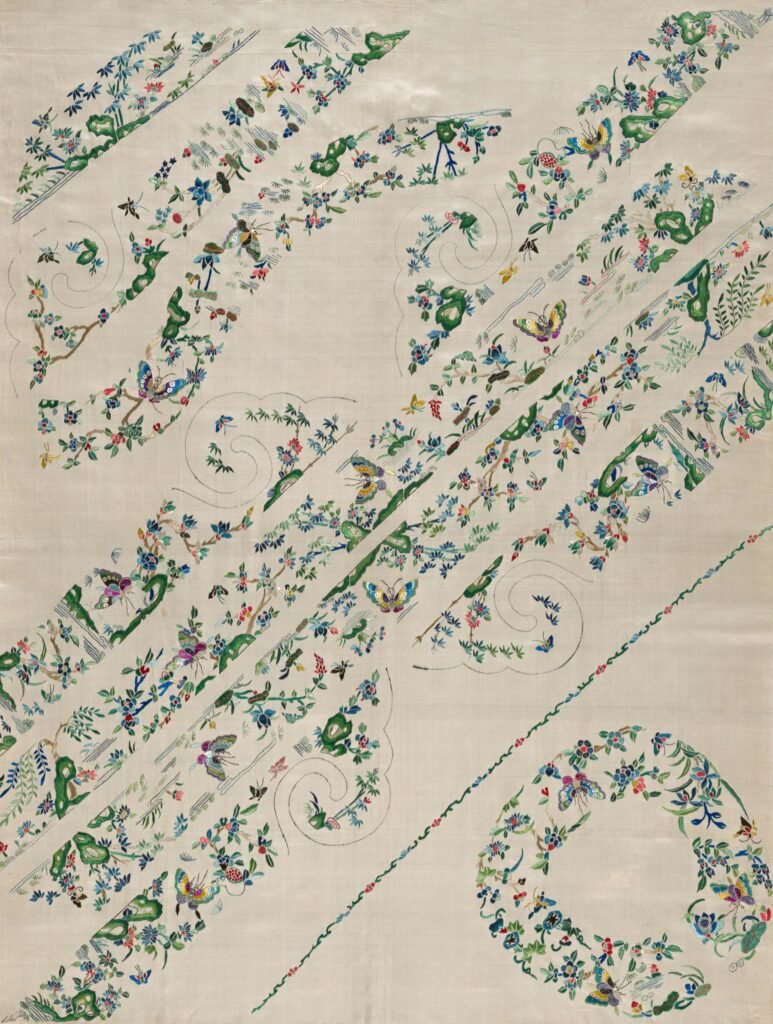
This image is property of images.unsplash.com.
The Benefits of Custom Embroidery
You might still wonder why custom embroidery is worth the investment. Let’s explore some of the key benefits:
Durability and Longevity
One of the biggest advantages of embroidery is its durability. Unlike printed designs that can fade or peel, embroidered designs are stitched into the fabric, making them long-lasting and resilient.
High-Quality Appearance
Embroidery adds a touch of sophistication and professionalism. The raised texture and intricate threads give a high-end look that other methods often lack.
Versatility
Embroidery works on a variety of fabrics and items. From apparel to accessories and home décor, the possibilities are nearly endless.
Personalization
Whether for a brand, event, or personal gift, custom embroidery allows for unique and meaningful personalization.
Environmental Impact
In comparison to some other methods, embroidery has a lesser environmental impact. It doesn’t involve harmful chemicals and generally uses fewer resources.
Challenges and How to Overcome Them
Like any creative process, custom embroidery comes with its challenges. Being aware of these can help you navigate them effectively.
Complexity of Design
Intricate designs can be challenging to execute in embroidery, especially on smaller items. Simplifying your design while retaining its essence can be a good approach.
Fabric Choice
Not all fabrics are suitable for embroidery. Delicate or stretchy fabrics can pucker or distort. It’s essential to choose a fabric that will hold the stitches well.
Cost Implications
Custom embroidery can be more expensive than other decoration methods, especially for small orders. To justify the cost, focus on the added value in terms of durability and appearance.
Time Constraints
Embroidery can be time-consuming, particularly for large or complex designs. Plan your orders well in advance to ensure timely delivery.
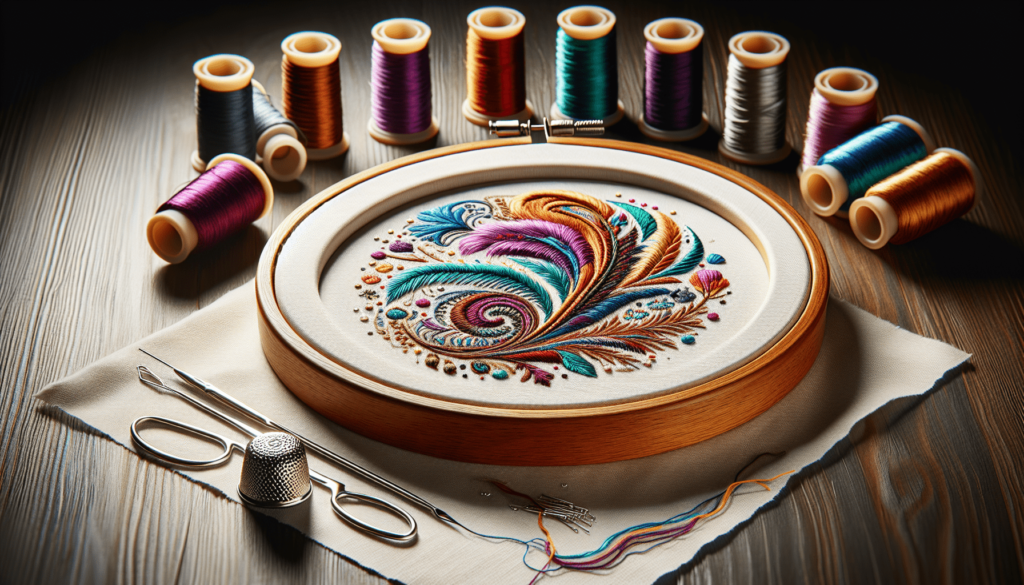
Choosing the Right Embroidery Service
Finding the right service provider can make all the difference in your custom embroidery experience. Here are some factors to consider:
Experience and Expertise
Look for a service with a track record of quality work. Experience often translates to better understanding and execution of your vision.
Portfolio
Review past work to gauge the quality and style. A diverse portfolio can indicate the ability to handle various types of projects.
Customer Reviews
Positive customer feedback is a good indicator of reliability and quality. Don’t hesitate to ask for references or read online reviews.
Communication
Good communication is crucial. Ensure that the service provider understands your requirements and can offer solutions to any potential issues.
Pricing and Turnaround Time
Compare pricing and turnaround times from different providers. Be cautious of prices that seem too good to be true, as they may compromise quality.
The Future of Custom Embroidery
The world of custom embroidery is constantly evolving, with advancements in technology and materials opening up new possibilities.
Innovations in Technology
Modern embroidery machines are becoming more sophisticated, allowing for greater precision and faster production times. Digital tools for design and digitization are also improving, making the process more efficient.
Sustainable Practices
There’s a growing emphasis on sustainability in the textile industry. Many embroidery services are adopting eco-friendly practices, from using organic fabrics to reducing waste.
Expanded Applications
As the popularity of custom embroidery grows, so does its range of applications. From tech accessories to elaborate art pieces, the boundaries of what can be embroidered are continually expanding.
Customization and Personalization Trends
Consumers increasingly seek unique, personalized products. Custom embroidery fits perfectly into this trend, offering a way to create one-of-a-kind items that stand out.
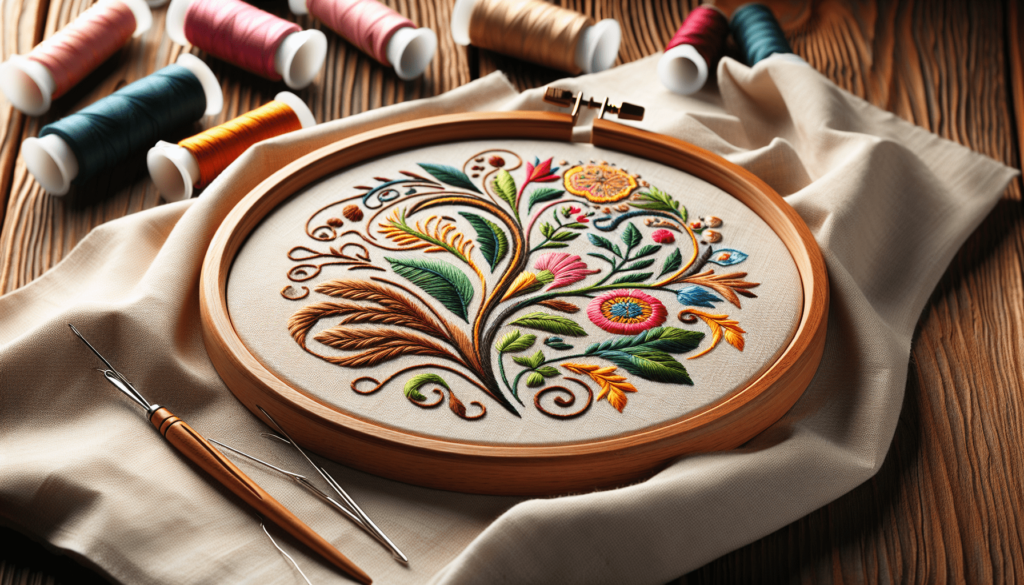
Conclusion
Custom embroidery is a unique and versatile way to bring your vision to life. Whether you’re looking to enhance your brand, create personalized gifts, or make a statement, the possibilities are endless. By understanding the process, considering the benefits, and selecting the right service, you can ensure a successful embroidery project that meets your needs and exceeds your expectations. So, why not take the plunge and see how custom embroidery can transform your ideas into beautiful, lasting creations?
